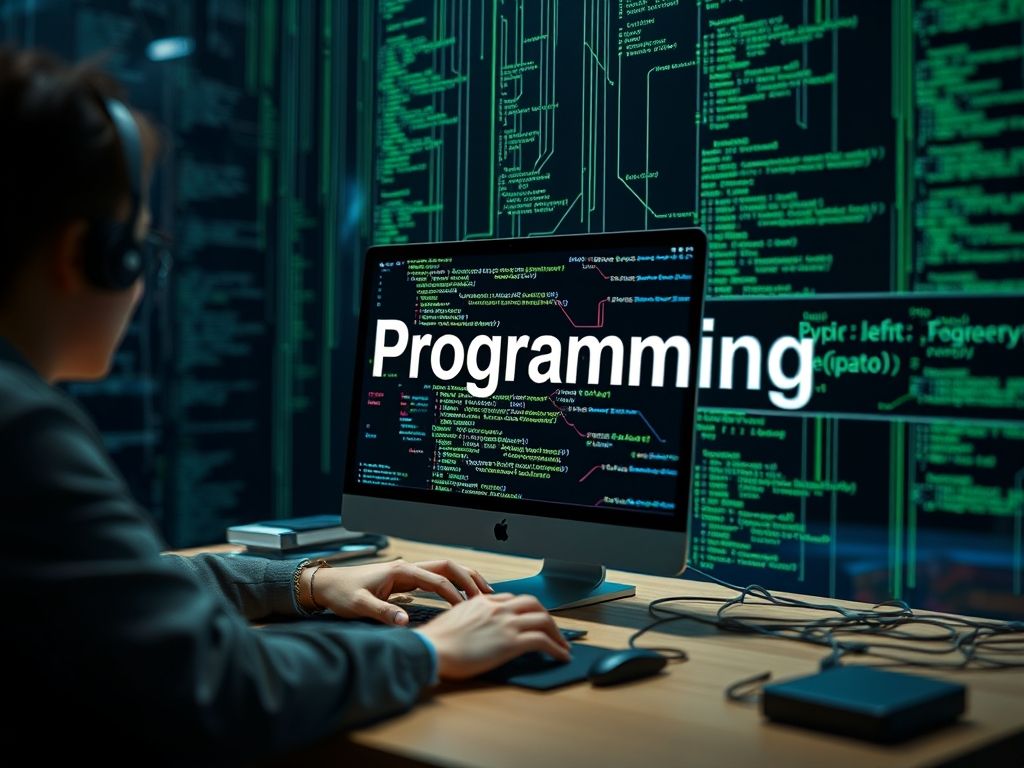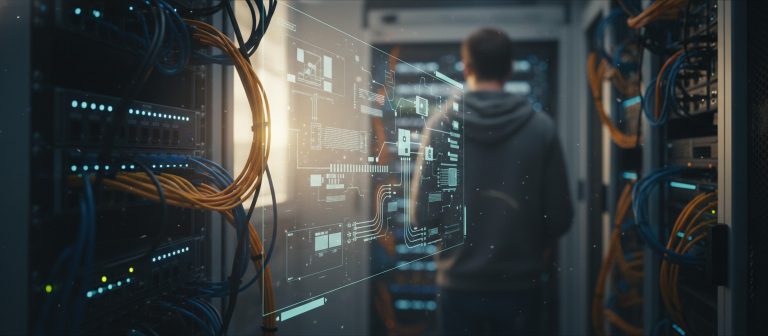Understanding Programming: A Comprehensive Definition
Programming, often referred to as coding, is the process of creating a set of instructions that a computer can follow to perform specific tasks. At its core, programming involves writing code in various programming languages, such as Python, Java, C++, and JavaScript. These languages provide the syntax and semantics to communicate with the computer, allowing developers to build software applications, automate processes, and solve problems.
The Importance of Programming in Today’s World
In an increasingly digital world, programming has become a fundamental skill. It plays a crucial role in technology, enabling everything from web development to data analysis and artificial intelligence. Understanding programming is essential not only for software developers but also for professionals in various fields, including finance, healthcare, and education. As technology continues to evolve, the demand for skilled programmers remains high, making it a valuable career path.
Key Aspects of Programming
- Programming Languages: Different languages serve different purposes. For example, Python is known for its simplicity and readability, making it a popular choice for beginners, while Java is favored for enterprise-level applications.
- Algorithms and Data Structures: These are fundamental concepts in programming that help in solving problems efficiently. An algorithm is a step-by-step procedure for calculations, and data structures are ways to organize and store data.
- Software Development Life Cycle (SDLC): This is a framework that outlines the various stages of software development, including planning, design, implementation, testing, deployment, and maintenance.
- Version Control: Tools like Git enable programmers to track changes in their code, collaborate with others, and manage different versions of their projects.
Real-World Applications of Programming
Programming finds its applications in a multitude of fields. Here are a few examples:
- Web Development: Websites and applications are built using languages like HTML, CSS, and JavaScript. Frameworks such as React and Angular enhance the development process.
- Mobile Applications: Programming is crucial for developing apps on platforms like Android and iOS. Languages such as Swift and Kotlin are commonly used.
- Game Development: Developers use programming languages like C# and C++ to create engaging video games, utilizing game engines such as Unity and Unreal Engine.
- Data Science and Analysis: Programming allows data scientists to analyze large datasets using languages like R and Python, helping organizations make informed decisions.
How to Get Started with Programming
Getting started with programming can seem daunting, but it’s a rewarding journey. Here are some practical steps:
- Choose a Programming Language: Start with a beginner-friendly language like Python or JavaScript, which have ample resources and community support.
- Utilize Online Resources: Websites like Codecademy, freeCodeCamp, and Coursera offer interactive courses that can help you learn at your own pace.
- Practice Regularly: Consistent practice is key. Engage in coding challenges on platforms like LeetCode or HackerRank to sharpen your skills.
- Work on Projects: Apply what you’ve learned by building small projects. This could be anything from a personal website to a simple game.
Concepts Related to Programming
Programming is interconnected with various concepts that enrich its understanding:
- Software Engineering: This field encompasses the application of engineering principles to software development in a methodical way.
- DevOps: A practice that combines software development and IT operations, aiming to shorten the development life cycle and deliver high-quality software.
- Artificial Intelligence (AI): Programming is essential in developing AI systems that can learn and make decisions.
- Web Technologies: Understanding front-end and back-end technologies is crucial for a full-stack developer, encompassing the entire web development process.
Practical Applications of Programming in Daily Life
Programming can transform the way you approach everyday problems. Here are some practical applications:
- Automating Repetitive Tasks: Use scripting languages like Python to automate daily tasks, such as sending emails or organizing files.
- Building Personal Tools: Create simple applications that cater to your specific needs, such as a budgeting tool or a habit tracker.
- Enhancing Productivity: Use programming to develop custom scripts that streamline your workflow, integrating various applications and services.
Conclusion: Harnessing the Power of Programming
Programming is not just a technical skill; it’s a tool for problem-solving and innovation. As technology continues to shape our world, understanding programming will empower you to create solutions that enhance productivity and drive change. Whether you are a seasoned developer or a student just starting, the journey of programming is filled with opportunities for growth and creativity.
Reflect on how you can incorporate programming into your daily routine. What small project could you start that would make a difference in your life or the lives of others? The possibilities are endless, and your programming journey begins today.









